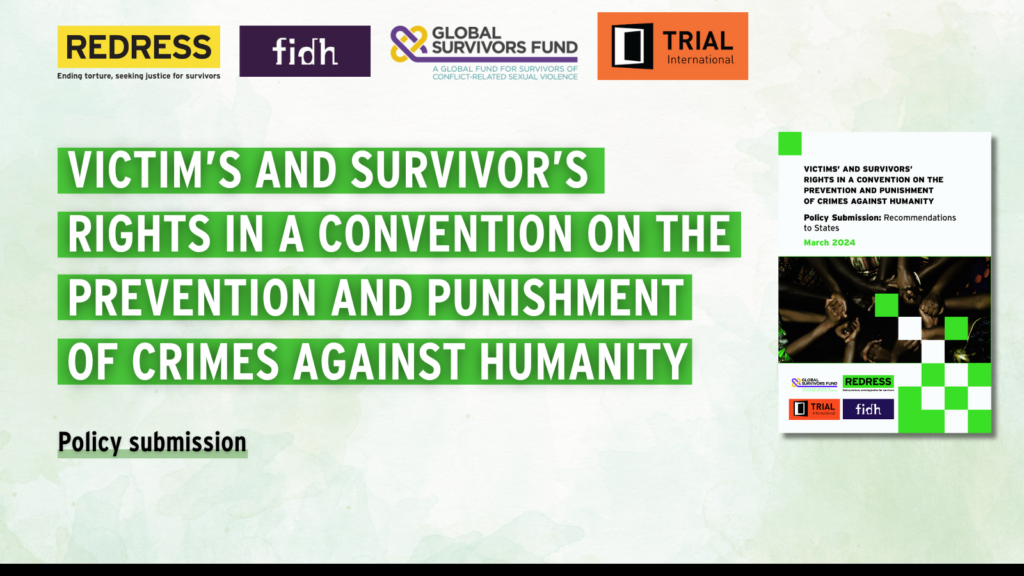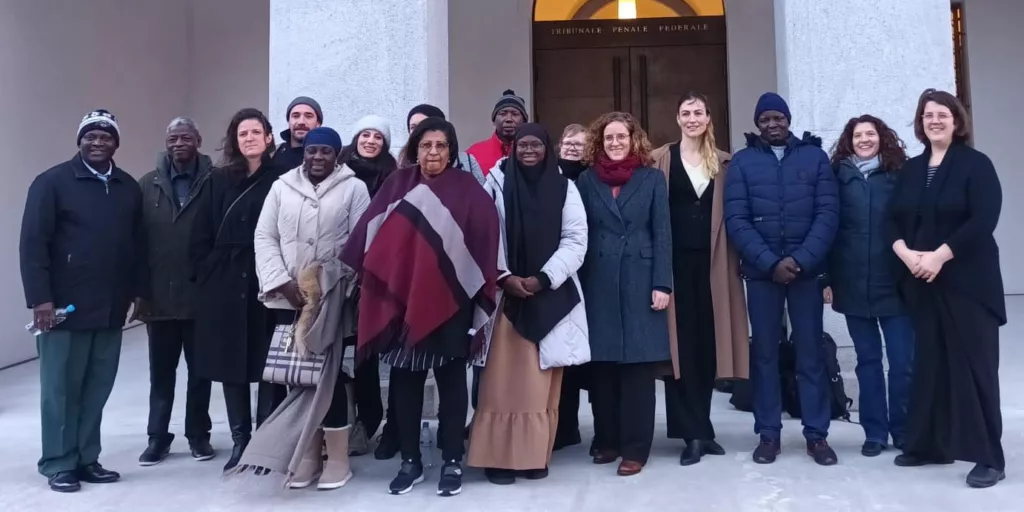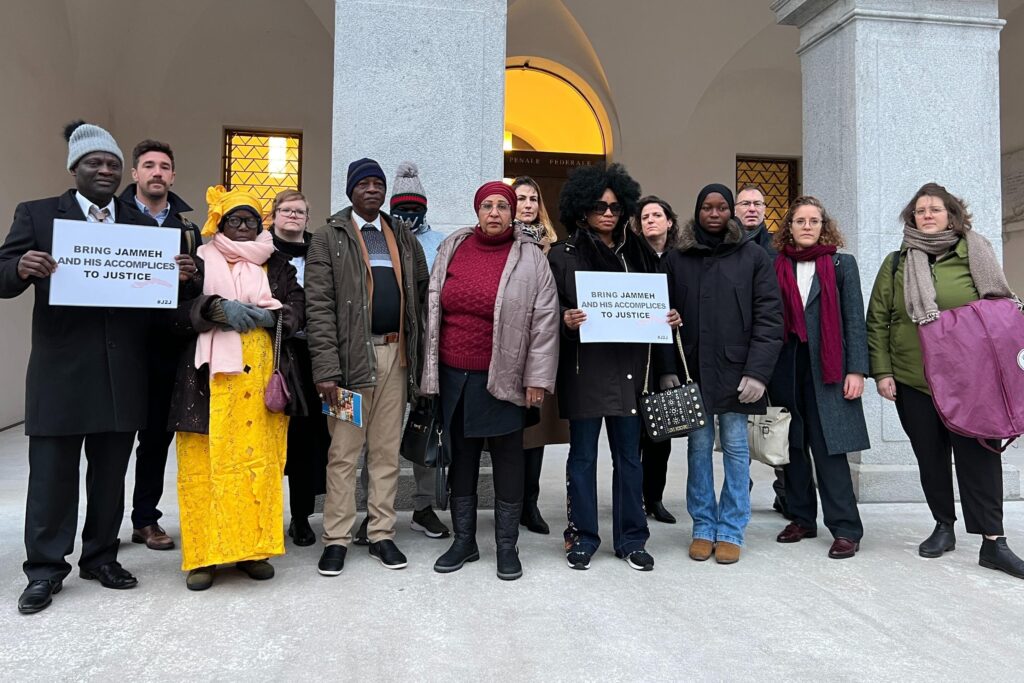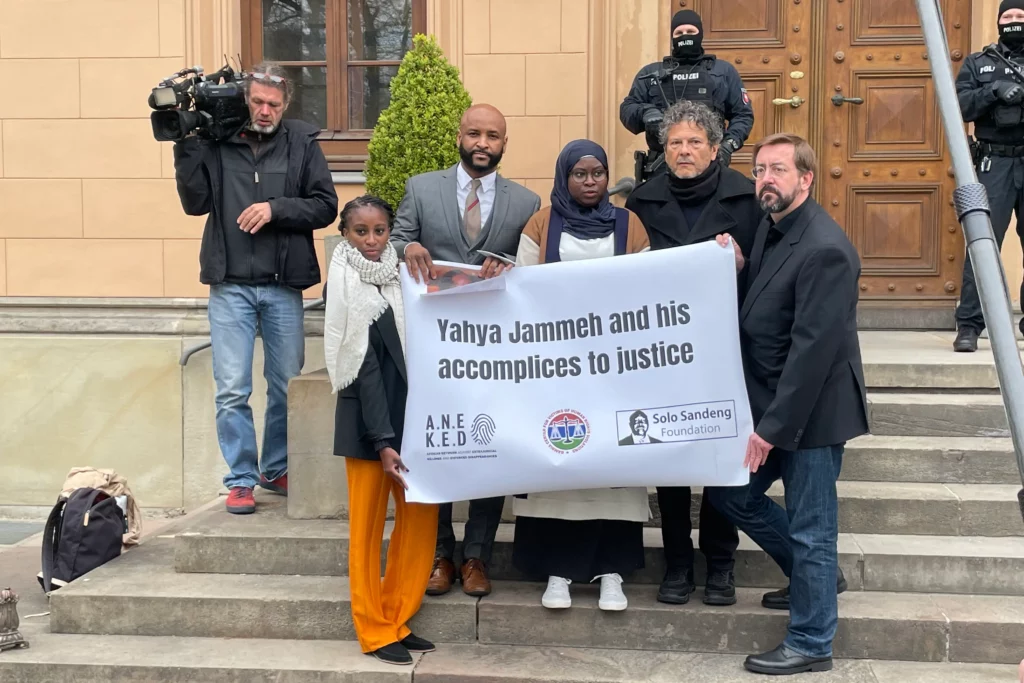Towards a Convention on Prevention and Punishment of Crimes against Humanity: Recommandations to States
Unlike other international crimes, such as war crimes, genocide, torture and enforced disappearance, there is still no international treaty specifically dedicated to crimes against humanity. It is widely recognized that this is a major gap in the international justice system and a specific legal instrument to address crimes against humanity is needed.
In 2019, the International Law Commission (ILC) adopted the Draft Articles on Prevention and Punishment of Crimes Against Humanity (ILC Draft Articles), submitted them to the UN General Assembly for its consideration and recommended the elaboration of a Convention on their basis. In December 2022, the General Assembly established a two-year process to further consider the ILC’s recommendation. The Sixth Committee is set to take a decision on the ILC’s recommendation in autumn 2024.
TRIAL International calls on States to fully support the elaboration and adoption of a future Convention on Prevention and Punishment of Crimes against Humanity. States should actively engage in the ongoing discussions on the ILC Draft Articles and commit to a process of negotiation that allows the adoption of a treaty on the prevention and punishment of crimes against humanity. This can be a historic moment to promote the adoption of a new universally legally binding instrument that will strengthen the legal framework applicable to crimes against humanity for the decades to come.
The ILC Draft Articles represent a good basis for the elaboration and negotiation of a Convention on Crimes against Humanity. Whilst some provisions can benefit from improvement, others should be welcomed and retained for the purpose of a prospective treaty. Ahead of the upcoming Sixth Committee Second Resumed Session, TRIAL International would like to share a non-exhaustive list of recommendations and calls on States to:
- ensure that a prospective Convention on Crimes against Humanity contains a provision, along the lines of Draft Article 6, para. 6, establishing that statutes of limitations do not apply to crimes against humanity;
- ensure that a prospective Convention contains a provision explicitly establishing that statutes of limitations shall not apply to civil or any other proceedings in which victims of crimes against humanity seek reparation;
- strengthen the language used in Draft Article 6, para. 8, with a view to ensuring that a prospective Convention provides for an obligation to establish the liability of legal persons for their participation in crimes against humanity. Such liability may be criminal, civil or administrative and shall be without prejudice to the criminal liability of natural persons who committed the crime;
- retain in a prospective Convention provisions stipulating the obligations to establish and exercise jurisdiction over crimes against humanity in cases where the alleged offender is present in any territory under the State’s jurisdiction, unless that State extradites or surrenders the person (Draft Article 7, para. 2, and Draft Article 10);
- amend the definitions of the crimes of enforced disappearance and persecution contained in the ILC Draft Articles to bring them in line with the relevant definitions under treaty and customary international law.
———–
Click here to read our briefing paper
———–











